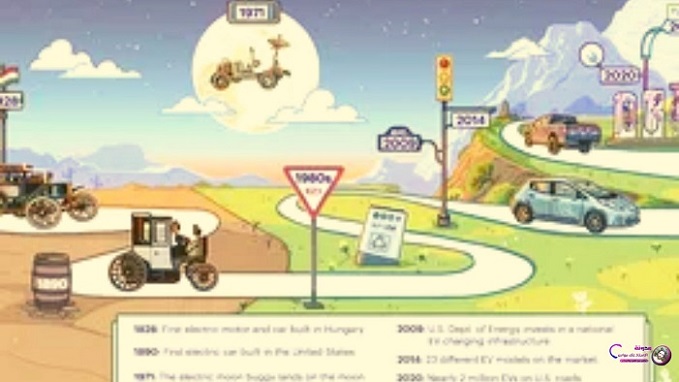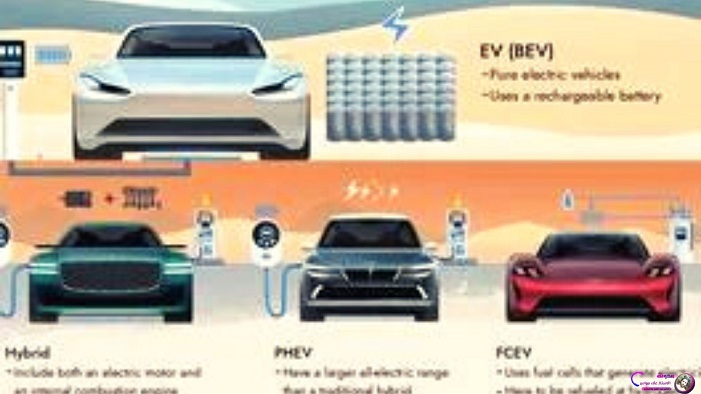Before you buy a smart TV, think about these seven things.

Before you buy a smart TV, think about these seven things. The majority of televisions sold today are smart TVs, also known as connected TVs. Smart TVs are the convergence of computers and entertainment, with built-in internet and a plethora of free and paid apps. This buying guide will assist you in deciding which smart TV to purchase based on your needs, budget, and preferences. What Exactly Is a Smart TV? A smart TV includes an operating system, which allows users to access streaming content without the need for an external device. People who enjoy watching the latest shows on Netflix, Hulu, and other streaming platforms are fans of smart TVs. A smart TV allows you to access, manage, and view online and network-based content. Almost all TVs sold today are considered smart TVs, and many manufacturers sell them, including LG, Vizio, and Samsung. Top 7 Things to Think About When Purchasing a Smart TV When shopping for a smart TV, there are seven key factors to consider: Cost Size Reso...








